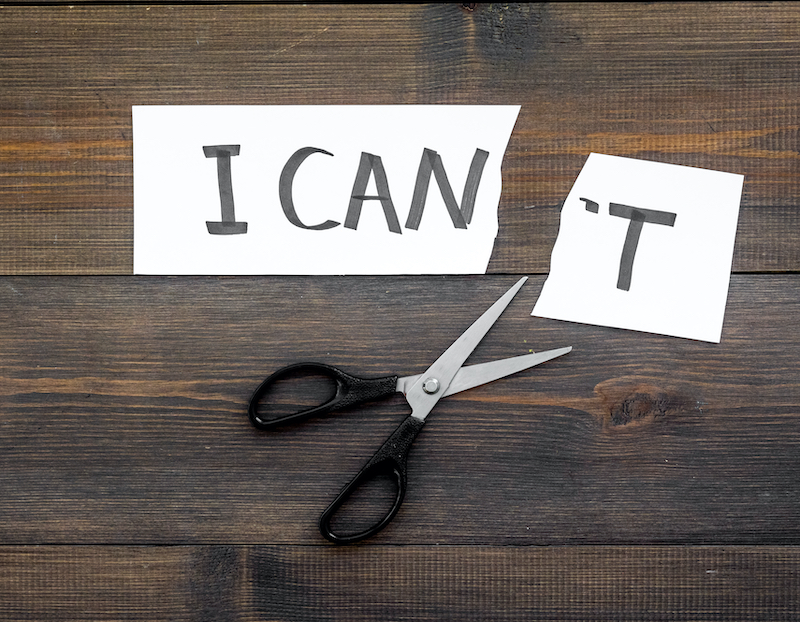
I can’t to I can
We just finished a busy season of leadership development programs and public speaking bootcamps. Once again we are amazed at the caliber of professionals we get to work with. Some show up fully focused and powerfully present. We call them them the explorers. They can be counted on to participate and they always have something interesting to share.
Another group shows up a bit tentative. They’re not sure where they fit or why they’re in the room. We call them vacationers. They are open to learning, yet they hesitate to fully commit. We work hard to include them in discussions and to broaden their sense of agency.
The final group is often small in number, but very easy to spot. These are the prisoners of the group – the ones who don’t speak for the first two hours; who minimize their own capabilities and avoid taking any risks. We love them – not just because they challenge us to raise our game, but for the deep satisfaction we feel when they realize that they’ve been saying “I can’t” when all along they could. It’s almost always a very fine line.
A recent example comes from a speaker bootcamp we ran for a Fortune 500 company. One of the participants walked up to us at 8:30 in the morning and said, “I have to leave early so I won’t be able to do the final speech.” We know this is often code for “I have stage fright,” so we asked if she could re-arrange her schedule. She said no, there was no way. What she didn’t realize was that there were three other speaking opportunities that morning so that by lunchtime, she had received positive and helpful feedback from her peers, and now it just didn’t seem that daunting. When we came back from lunch, she said, “I was able to adjust my schedule and I can now do the final presentation.” Music to our ears.
At the end of the program we asked her about the shift in her perspective, and she said, “It’s simple. I do whatever I can to avoid the spotlight because I am so afraid of failing – especially in front of my peers. But everyone was so nice and so supportive that I realized I would only be undermining myself if I left early.” This participant stepped out of her comfort zone and succeeded. She left feeling lighter and more aware of her strengths.
The next time you feel that pull to stay in your safe zone, remember that it is likely just your brain doing its job: keeping you safe. Say thanks, but no thanks, and go out on that limb. It’s the only way to get to the fruit.

